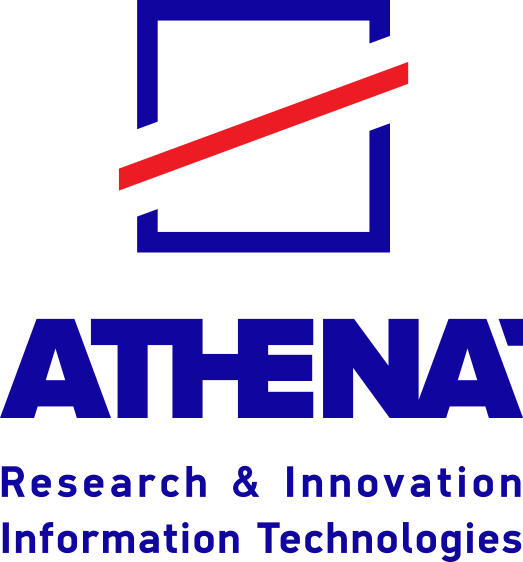DRNL – Deductive Reasoning in Natural Language

We will combine deep learning with deductive reasoning from the symbolic Artificial Intelligence tradition, to produce new algorithms capable of reaching conclusions requiring multiple inference steps, using premises and conclusions expressed in natural language (NL).
The effectiveness and robustness of the new algorithms will be studied in legal judgment prediction (predicting the outcome of a court case), biomedical question answering, and fact verification (checking the veracity of reported information against trusted information). We will employ variants of heuristic search algorithms, like A* and beam search, possibly also integer linear programming, coupled with neural models to (a) score and select premises from a knowledge base (KB) containing NL statements at each inference step, (b) generate (and add to the KB) NL conclusions from the selected premises, (c) assess the quality of generated proofs (sequences of inference steps). Also, (d) we will reuse and/or create datasets for the three applications mentioned above, (e) data augmentation will be explored to obtain additional artificial training instances, (f) all components will be trained end-to-end to avoid error propagation, (g) we will develop synergistic human-computer reasoning methods, and (h) we will study the fairness, bias, and robustness of our methods.



